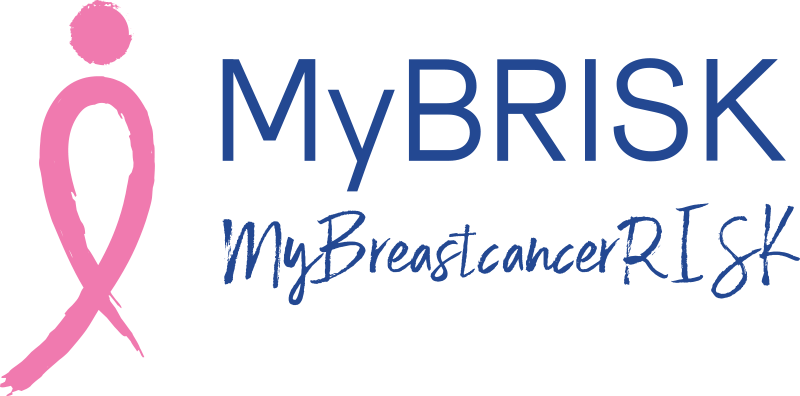Dr Osamah Al-qershi is a Research Fellow, Artificial Intelligence, at the University of Melbourne’s School of Population and Global Health. He explains how he is working with MyBRISK Centre of Research Excellence.
What is the purpose of your research with MyBRISK CRE?
I’m researching breast cancer, specifically focusing on how artificial intelligence (AI) can help us better understand and predict breast cancer risk.
One important aspect of our research is measuring breast density. Think of breast density like the clouds in the sky – some breasts have denser ‘cloud cover’ than others. We’re studying how these differences in density can impact a woman’s risk of developing breast cancer. By using AI, we’re developing tools that can analyse mammograms and other medical data to provide more accurate risk assessments.
What are you hoping will be the impact of your research?
My research is vital because it can significantly improve early diagnosis, potentially saving countless lives in Australia and globally.
Additionally, we prioritize patient experiences, aiming to make breast health more effective and accessible. By addressing the challenges of breast density, we’re working towards a world where breast cancer is detected earlier and treated more effectively, ultimately having a positive impact on women’s health worldwide.
How is your research progressing?
Progress in our breast cancer screening research is promising. We’re developing AI models for automated breast density measurement, which could save time and offer human-level accuracy. Additionally, our work on density-based breast cancer detection shows encouraging initial results. While we continue refining the models for optimal performance, we plan to share comprehensive findings by year-end.
What previous experience and research has helped you to prepare for this latest project?
My background in computer vision and AI spans over a decade, during which I’ve been involved in diverse projects utilizing image data. These projects have covered a wide spectrum, including medical, chemical engineering, biomedical engineering, image forensics, and marketing applications.
This extensive experience has equipped me with a deep understanding of image analysis and processing, machine learning, and AI techniques. It has uniquely prepared me to tackle the challenges and complexities of my current research in breast cancer screening, where image analysis and AI play pivotal roles in improving diagnostic accuracy and early detection.
Does your research involve other collaborators?
Our project involves collaboration with a team of researchers from St Vincents Institute of Medical Research (SVIMR), University of Adelaide, Monash University and the University of Melbourne. Their expertise and contributions enrich the depth and breadth of our research endeavours, enhancing the project’s overall impact.

